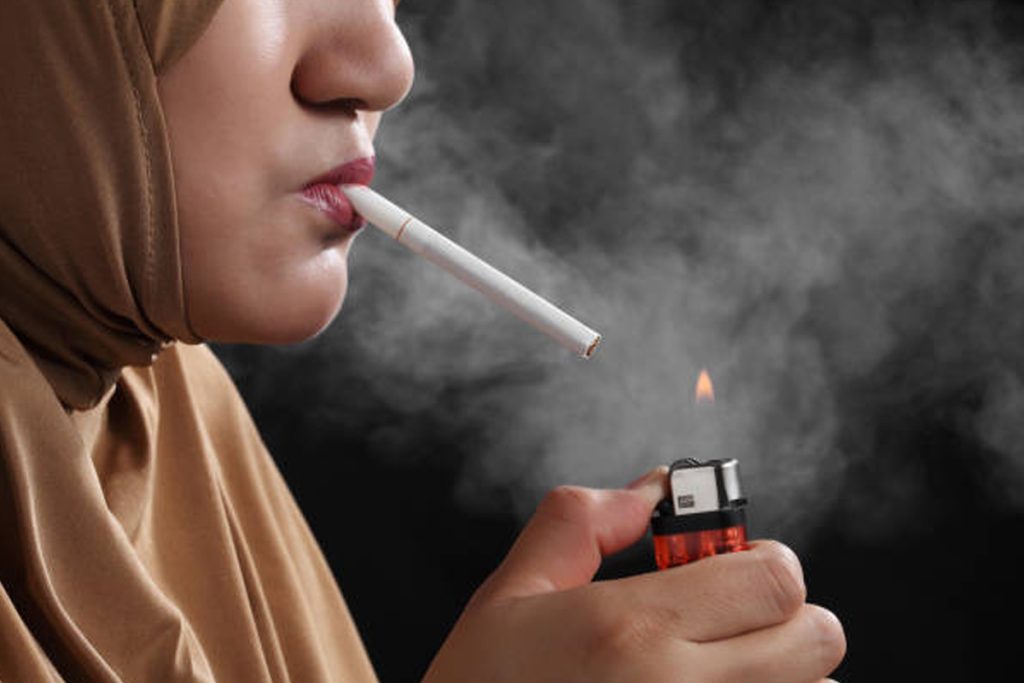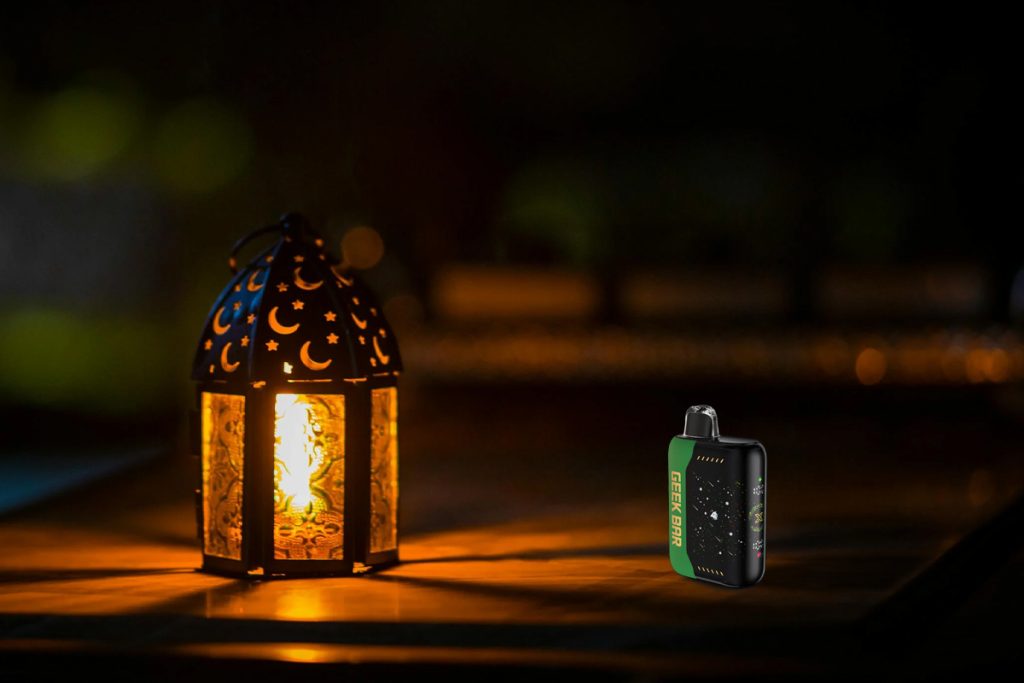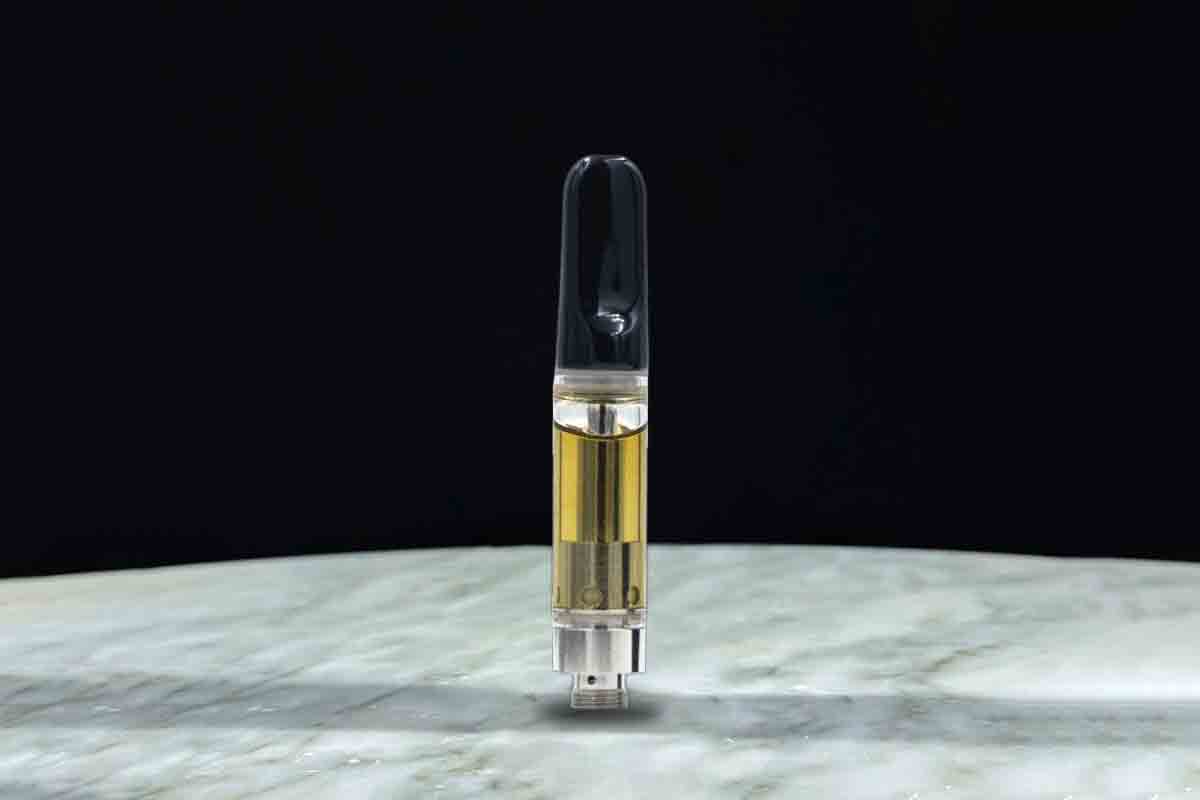A Comprehensive Guide to Smoking and Vaping During Ramadan
The holy month of Ramadan is a time of deep spiritual reflection, self-discipline, and drawing closer to Allah. For millions of Muslims worldwide, it is a sacred period of fasting, prayer, and community. It is also a period of abstaining from worldly desires, including the daily habit of smoking or vaping. The question of whether it is permissible to smoke or vape during Ramadan is a pressing one for many, with profound implications for both their fast and their spiritual journey. This comprehensive guide will delve into the religious rulings, health implications, and practical advice surrounding this topic, providing clarity for those seeking to honor their faith and well-being.
Introduction: The Spiritual Significance of Ramadan and the Challenge of Smoking or Vaping
Ramadan is the ninth month of the Islamic calendar, observed by Muslims worldwide as a month of fasting (Sawm), prayer, reflection, and community. As one of the Five Pillars of Islam, fasting during Ramadan holds immense spiritual significance. It is a time for purification of the soul, increased Taqwa (God-consciousness), and seeking forgiveness. The act of abstaining from food, drink, and other physical needs from dawn (Suhoor) until sunset (Iftar) is a powerful exercise in self-restraint.

In this context of spiritual discipline, the habit of smoking or vaping presents a significant challenge. Many Muslims who smoke or vape grapple with the question, “Is it okay to smoke or vape during Ramadan?” This query is not just about rules; it touches upon the very essence of the fast. This article aims to provide a comprehensive answer, drawing upon Islamic jurisprudence (Fiqh), scientific evidence from health authorities, and practical guidance to navigate this sensitive issue, ultimately supporting a spiritually fulfilling and healthy Ramadan.
The Islamic Perspective: Does Smoking or Vaping Invalidate Your Fast?
The validity of one’s fast is paramount during Ramadan. Islamic scholars have extensively discussed the actions that nullify the fast, known as mufattirat. The core principle is the intentional introduction of any substance into the body cavity (jawf), which traditionally refers to the stomach via the throat.

- The Consensus on Smoking During Ramadan: A Clear Violation of the FastThere is a firm and long-standing consensus among Islamic scholars and major juristic councils across all schools of thought that smoking traditional cigarettes deliberately during fasting hours invalidates the fast. The reasoning is clear: the smoke, composed of fine particles of tar, nicotine, and other chemicals, is inhaled and passes through the throat into the lungs and body. This is a clear instance of intentionally introducing a substance into the body cavity. Prominent scholarly bodies, including Al-Azhar University in Cairo and the European Council for Fatwa and Research, have issued rulings (fatwas) explicitly stating that smoking is a fast-breaker. The act is seen as analogous to eating or drinking, as it involves deliberate intake.
- Is Vaping During Ramadan Subject to the Same Ruling? With the rise of e-cigarettes, many wonder if vaping during Ramadan falls under a different ruling. However, the vast majority of contemporary Islamic scholars apply the same logic to vaping. Vaping involves inhaling an aerosol, or vapor, which contains nicotine, flavorings, and other chemicals. This vapor enters the jawf (body cavity) just as cigarette smoke does. Therefore, the act of vaping is also considered to invalidate the fast. The Islamic perspective on e-cigarettes is that they are not a permissible alternative to smoking during the fasting hours.
- The Fiqh of Smoking and Vaping During Ramadan: Understanding the Scholarly ReasoningThe legal reasoning (Fiqh) behind this prohibition is rooted in the definition of fasting. Fasting is not merely abstaining from food and drink but from anything that reaches the stomach. Classical texts of Islamic law are clear that any substance with a discernible body that is intentionally introduced into the interior of the body breaks the fast.9 Both cigarette smoke and vape aerosol are considered to have a discernible body, even if composed of fine particles, and their inhalation is a deliberate act.
- What About Smoking or Vaping After Iftar? Legally, the fast ends at sunset, and after Iftar, one is permitted to eat, drink, and, by extension, smoke or vape. However, this does not mean the act is encouraged. Ramadan is a month of holistic purification. Many scholars and health professionals point out that continuing a harmful habit, even outside fasting hours, contradicts the spirit of self-improvement and piety that Ramadan promotes. Furthermore, the broader Islamic view on smoking carries significant weight.

The Health Implications of Smoking and Vaping While Fasting

Beyond the religious ruling, the health implications of smoking or vaping, especially in the context of fasting, are severe. Islam places great emphasis on the preservation of life and health, considering the body a trust (amanah) from God.
- The Impact of Nicotine on a Fasting Body. Nicotine is a potent stimulant. Consuming it after a long day of fasting can send the body into a state of shock. According to the World Health Organization, nicotine increases heart rate, raises blood pressure, and constricts blood vessels.15 When the body is already experiencing changes in metabolism and hydration levels due to fasting, introducing a powerful stimulant like nicotine can put undue stress on the cardiovascular system. This can lead to dizziness, lightheadedness, and an increased risk of acute cardiac events, particularly in individuals with pre-existing health conditions.
- Dehydration and Other Health Risks Associated with Smoking or Vaping in RamadanFasting inherently carries a risk of dehydration. Smoking and vaping exacerbate this problem significantly. The act of smoking dries out the mouth and throat, increasing thirst. Furthermore, chemicals in tobacco smoke and vape aerosol can irritate the respiratory system, which is already under stress. The Centers for Disease Control and Prevention (CDC) has extensively documented the harms of smoking, which include cancer, heart disease, and chronic obstructive pulmonary disease (COPD). Vaping, while sometimes marketed as safer, is not without its own risks, including lung injury and addiction. Engaging in these habits during Ramadan undermines the potential health benefits of fasting.
- Is “Haram” a Factor? The Broader Islamic View on Harming the BodyGiven the overwhelming scientific evidence of its harm, many prominent Islamic scholars have classified smoking as haram (forbidden) or, at the very least, makruh tahrimi (prohibitively disliked). This ruling is based on the Quranic principle, “…and do not throw yourselves into destruction with your own hands…” (Quran 2:195). Since smoking is a proven cause of fatal diseases, it is seen as a form of self-destruction. Therefore, even outside of fasting hours, the act of smoking or vaping is considered by many to be contrary to Islamic principles of health preservation.
Alternatives to Smoking and Vaping During Ramadan: What is Permissible?
For those struggling with nicotine addiction, the prospect of abstaining during Ramadan can be daunting. It is crucial to understand which nicotine replacement therapies (NRTs) are permissible during fasting hours.
- Nicotine Patches and Gums: Do They Break the Fast?There is a significant distinction made by scholars regarding different forms of NRTs.
- Nicotine Patches: The majority of Islamic scholars and fatwa councils agree that using transdermal nicotine patches does not break the fast. The reasoning is that the nicotine is absorbed through the skin (jild) and does not enter the body through an open passage to the jawf. It is a form of absorption, not consumption.
- Nicotine Gum and Lozenges: The ruling on nicotine gum is more contentious. While chewing the gum itself is disliked, the primary issue is the substance released. As the gum releases nicotine mixed with flavorings into the saliva, there is a high risk of this mixture being swallowed, which would invalidate the fast. Therefore, most scholars advise against using nicotine gum or lozenges during the fast. It is best to use them between Iftar and Suhoor.
- The Ruling on Using Nicotine-Free Vapes During Ramadan common question is whether vaping non-nicotine e-liquids is permissible. The answer from the vast majority of scholars is no. The act of fasting is nullified by the intentional inhalation of any substance with a discernible odor, regardless of whether it contains nicotine. The vapor itself is considered a substance, and inhaling it breaks the fast.
- Miswak and Other Oral Hygiene Practices During Fasting combat the oral fixation associated with smoking. Using a Miswak (a natural teeth-cleaning twig) is a highly recommended Sunnah (practice of the Prophet Muhammad, peace be upon him) during Ramadan. It cleans the teeth, freshens the breath, and can help manage the urge to smoke without any risk of breaking the fast.
Ramadan as a Golden Opportunity: The Path to Quitting Smoking and Vaping
Ramadan should not be viewed merely as a month of restriction but as a divine gift—a powerful catalyst for profound and lasting change. For those who smoke or vape, this holy month offers a unique spiritual and psychological advantage for quitting.
- Leveraging the Spirit of Ramadan for Smoking Cessation The entire structure of Ramadan is conducive to breaking addictions. The mandatory 14-16 hour period of abstinence from smoking and vaping each day proves that it is possible to function without nicotine. This daily “practice” builds self-control and breaks the cycle of habitual smoking. The heightened spiritual environment, increased prayer, and focus on self-improvement create a powerful motivation to purify oneself from a habit that is both physically and, according to many scholars, spiritually harmful. This spiritual tailwind can be the decisive factor in successful smoking cessation in Ramadan.
- Practical Tips for a Smoke-Free and Vape-Free Ramadan
- Set a Sincere Intention (Niyyah): Begin before Ramadan by making a sincere intention to quit for the sake of Allah and your health.
- Plan Ahead: Dispose of all cigarettes, vapes, and accessories before the month begins.
- Identify and Avoid Triggers: The post-Iftar cigarette is often the most challenging. Change your routine. Instead of reaching for a cigarette, have a glass of water, eat a date, or go for a short walk.
- Seek Support: Inform your family and friends of your decision to quit. Their encouragement can be invaluable.
- Stay Hydrated: Drink plenty of water between Iftar and Suhoor to help flush out toxins and manage cravings.
- Engage in Worship: When a craving hits, engage in Dhikr (remembrance of Allah), make Dua (supplication), or read the Quran. Replace a negative habit with a positive, rewarding one.
- Seeking Professional Help for Nicotine AddictionSevere nicotine addiction can be difficult to overcome alone. There is no shame in seeking professional help. Many resources are available to support your journey. Find resources and support for quitting smoking at the American Lung Association. Their programs and tools can provide the structured support needed to quit for good.
Conclusion: Embracing a Healthier, Spiritually Fulfilled Ramadan
The answer to the question, “Is it okay to smoke or vape during Ramadan?” is decisively no during the hours of fasting. The consensus of Islamic scholars is clear that it invalidates the fast. Furthermore, the significant health risks associated with these habits are contrary to the Islamic principle of preserving one’s well-being. More than just a month of abstention, Ramadan is a divine invitation to transform. By embracing the challenge of quitting, you not only protect the sanctity of your fast but also take a monumental step towards a healthier, smoke-free life, aligning your physical actions with your spiritual aspirations.
FAQs: Your Questions on Smoking and Vaping in Ramadan Answered
Does even a single puff of a cigarette or vape break the fast?
Yes, deliberately taking even a single puff is considered an intentional act of introducing a substance into the body and therefore breaks the fast.
What if I smoke or vape out of forgetfulness during Ramadan?
The majority of scholars hold the opinion that if you eat, drink, or smoke out of genuine forgetfulness, your fast is still valid. You should stop immediately upon remembering. However, this is a mercy from Allah and should not be taken lightly.
Is it permissible to be around people who are smoking during Ramadan while I am fasting?
Yes, being around secondhand smoke does not invalidate your fast as the inhalation is unintentional. However, it is best to avoid such situations for your own health and to avoid temptation.
Does the smell of smoke or vape invalidate my fast?
No, simply smelling the aroma of smoke, vape, or even food does not break your fast, as you are not intentionally ingesting the substance.
Can I use nicotine lozenges while fasting?
It is highly discouraged. Similar to nicotine gum, the lozenge dissolves in the mouth, and swallowing the saliva mixed with nicotine and flavorings would break the fast.
Is the ruling on shisha (hookah) the same as smoking cigarettes during Ramadan?
Yes, the ruling is identical. Smoking shisha involves inhaling smoke from burning tobacco, which is a clear nullifier of the fast.33 For a deeper understanding of Islamic rulings on fasting, you can refer to established Islamic resources.
Tags: Ramadan







